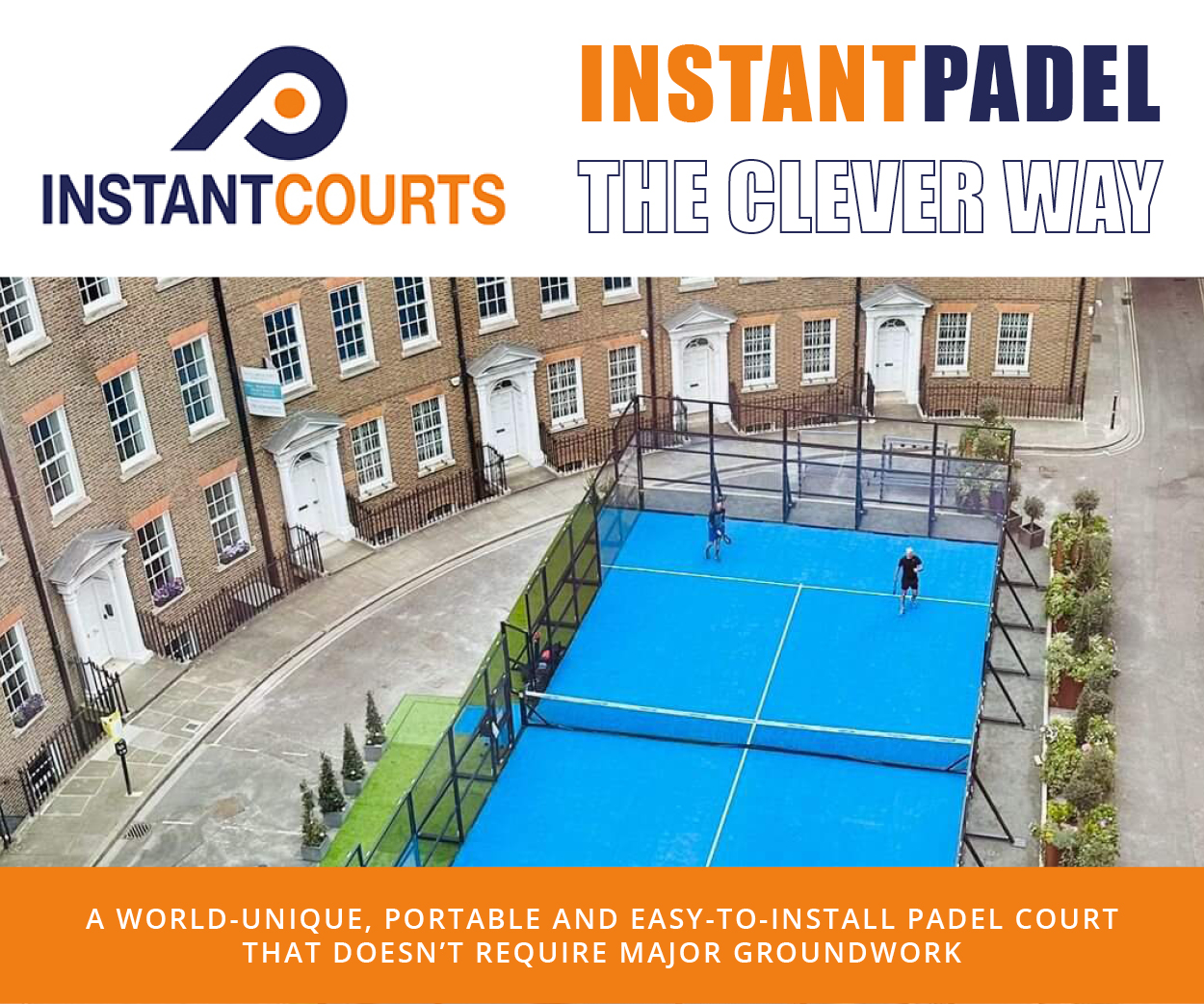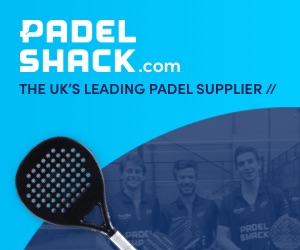The Finnish Paralympic Committee has joined forces with Instantpadel to give players with physical disabilities equal access to the sport.
Instantpadel have installed one of their modular padel courts at the Finnish Olympic and Paralympic training centre just outside Helsinki – and its unique modifications have allowed Paralympic athletes in wheelchairs to enjoy and benefit from playing the game.
Jonas Sulila (Instantpadel distributor in Finland and head of the Paralympic project) and Instantpadel co-founder Christoffer Granfelt now want to expand the concept to other nations to give anyone with a disability the opportunity to play padel.
Instantpadel’s concept of easy-to-install and modular courts suited the pilot project in Helsinki perfectly.
The nets on their courts are portable, solving the issue on other courts that fixed nets are only 60cm from the court entrance (gap) – too narrow to fit wheelchairs which are typically 80cm wide.
Feedback from the Finnish para-athletes who tested it said that Instantpadel’s Versacourt flooring is well-suited for the wheels of a sports wheelchair. Also, Instantpadel’s ‘unbreakable’ polycarbonate panelled walls carry a reduced risk, compared to traditional padel cage glass, when the steel edge of a wheelchair crashes into it.
The concept began when Sulila and Granfelt met Finland Paralympic Committee’s Assistive Device Advisor, Jukka Parviainen, and Partnership Manager, Timo Mäkynen, at the Helsinki Expo.

With no construction work or permits needed before installing Instantpadel’s courts, the cage was erected at the training centre just outside Helsinki in quick time. Acknowledging the sport’s rapid growth and ambition to be part of future Olympic Games, the Finnish committee wanted its athletes to have the opportunity to try it. The feedback was very positive.
Parviainen said: “We have found the instantpadel court to be perfectly accessible and suitable for people who use wheelchairs or other aids. At the Liikuntamaa event the court was tried out by several people with different impairments or disabilities who used different kinds of aids.

“The results were overwhelmingly good! We are therefore happy to recommend all padel operators to actively look upon the opportunity to include at least one or two instantpadel courts at their facilities to be part of our mission to enable padel for all.”
Having signed a one-year deal with the Finnish governing body, Sulila and Granfelt are now targeting other nations’ Paralympic committees to expand the concept.
“I have been part of this industry for many years and lots of people use the slogan ‘padel for all’,” said Granfelt. “But not everyone is necessarily offering that yet.
“We want to be part of truly enabling padel for all – whether it’s through our solution or not. Our higher purpose is to ensure everyone gets the same access to our wonderful sport.
“The thing I love about the padel Industry is that almost everyone is happy to share ideas. There is no hierarchy and people are open to doing things together.”
Sulila added: “We are at a very early stage with this initiative but we want to scale this. This is not the only solution to getting people with disabilities on court – but we have tested the concept successfully and are happy to share to make a difference.”










































